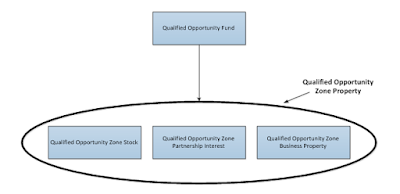 he Swiss Federal Tax Administration has disclosed details of 2,000,000 financial accounts to partner jurisdictions under the global rules for automatic exchange of information.
he Swiss Federal Tax Administration has disclosed details of 2,000,000 financial accounts to partner jurisdictions under the global rules for automatic exchange of information. The Federal Tax Administration (FTA) has for the first time exchanged financial account information. The exchange took place within the framework of the global standard on the automatic exchange of information (AEOI).
It is the first time the country has ever revealed bank account information in such quantities, though Switzerland is still refusing to share data with some jurisdictions it regards as not sufficiently secure.
This first exchange within the framework of AEOI provides that Switzerland exchanges in 2018 with EU states as well as with a further nine states and territories (Australia, Canada, Guernsey, Iceland, Isle of Man, Japan, Jersey, Norway, South Korea).
Cyprus and Romania are currently excluded as they do not yet meet the international requirements on confidentiality and data security. Transmission of data to Australia and France is delayed, as these states could not yet deliver data to the FTA due to technical reasons. Similarly, the FTA has not yet received data from Croatia, Estonia and Poland. The other partner states have transmitted data to the FTA.
Currently, around 7,000 Reporting Financial Institutions (banks, trusts, insurers, etc.) are registered with the FTA. These institutions collected the data and transferred it to the FTA.
The exchanged information allows the cantonal tax authorities to verify whether taxpayers have correctly declared their financial accounts abroad in their tax returns.
 The AEOI Will Now Take Place On A Yearly Basis.
The AEOI Will Now Take Place On A Yearly Basis.
Sources:
|
|
Read more at: Tax Times blog


















